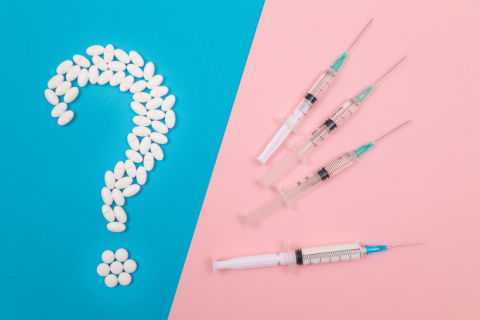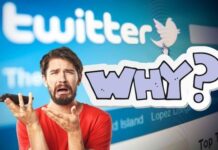
The COVID pandemic is still going on and Big Pharma is still profiting. One of the companies that have been making a bundle from the tragedy and loss of others is Merck.
The New Jersey-based pharmaceutical giant raked in $48 billion in 2021 and has been increasing profits ever since then, including with its antiviral drug Molnupravir.
Supposedly, Molnupravir helps people recover from COVID faster, but new data shows very clearly that it quite simply does not do this.
What Does the Data Say About Merck’s New Drug?
New data in the Lancet, which is one of the world’s most prestigious medical journals, shows that Molnupravir doesn’t work.
You may as well take a sugar pill because your chance of staying out of the hospital or being dead from COVID is the same as taking nothing at all.
While the data shows the drug does help increase recovery in healthy segments of the population, it does nothing to reduce the death and hospitalization of at-risk adults, making its overall efficacy rate zero.
The drug is intended to be taken several times a day for five days at the latest five days after coming down with COVID and experiencing symptoms.
It’s intended to stop the worst symptoms of COVID and stop people from dying or getting so sick that they need to go to the hospital.
Though with data showing that it doesn’t reduce risk to individuals who are already vulnerable to the worst effects of COVID, Merck’s shaky science is being exposed for all to see.
Riding the #booster #SHOTWAVE And now protected through what is primed to be a tough winter. More people indoors and rising COVID cases in Michigan as it gets colder. Hoping molnupravir and monoclonals will help @DrsMeena pic.twitter.com/GjsJOdUuRB
— Peter Higgins (@ibddoctor) October 11, 2021
How Was the Study Conducted?
This study, which was published four days ago in the Lancet included 25,700 participants and was peer-reviewed by all professional standards.
It was done when omicron was not spreading, to test how regular forms of COVID were being impacted by taking Molnupravir.
Half of the 25,700 who got the drug were recommended and prescribed basis to treat their symptoms of COVID. The other half was not. Of those taking part, 94% were at least triple-vaccinated.
The results of the study showed that 1% of those who got the drug were hospitalized or died, and 1% of those who didn’t were hospitalized or died. Eight people died overall.
The only real boost observed was that of those who took the drug only 20% got serious enough symptoms to go to a doctor; whereas of those who didn’t take it 24% got serious enough symptoms to see a doctor.
By any standards, this is an extremely negligible difference.
You can expect ~50/80% vaccinal efficacy against severe disease after a few months of being boosted. Molnupravir doesn’t work. There’s no clinical data supporting it. Neither does Paxlovid (unless you’re over 65).
— Arijit Chakravarty (@arijitchakrav) October 11, 2022
The Bottom Line
Big Pharma needs to be held much more accountable.
Although pharmaceutical companies undoubtedly do a lot of good for society, they also are prone to taking advantage of public hysteria and tragedy in order to boost profits.
We can’t say we don’t know anymore because the data is clear.
















